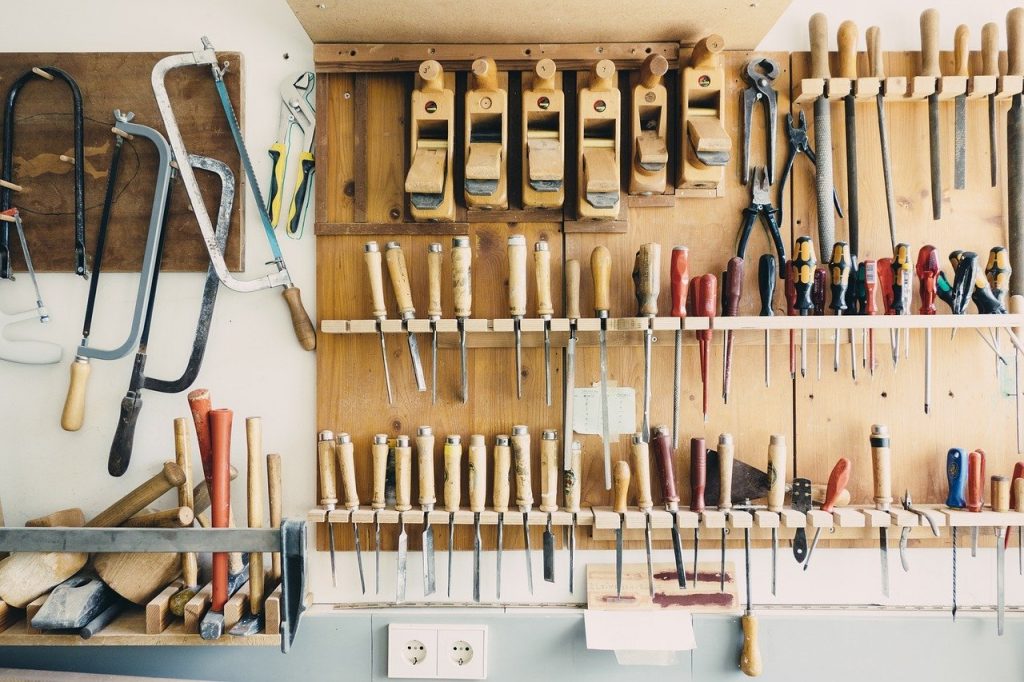
All good jobs start with the right tools. A good tool kit can help you achieve great results when it comes to building, making, and repairing.
Often, beginners find it difficult to know how to start putting together their own tool kits. There are so many tools to choose from that it can be a challenge to know which ones are essential. But with the right knowledge, you can choose great tools to help you make your next project a success.
So what tools should you include in your kit? Here’s our beginner’s guide to effective tool kits!
Hammers and drills
A hammer is a tool kit staple, useful for just about any building or fixing job. A hammer can be used to shape materials, hammer in nails, and much more.
There are many different kinds of hammers. The best choice is a hammer with a non-slip ergonomic handle, allowing for a good, stable grip when working.
Likewise, it’s a good idea to have a drill in your tool kit for anchoring nails and bolts and making holes in surfaces. Choose a drill type that best suits the kinds of projects you’ll be working on.
Spanners and wrenches
Spanners and wrenches are essential to any tool kit, helping with a range of jobs and building tasks.
To ensure maximum usability, it’s a good idea to purchase a spanner set or an adjustable wrench that can fit different-sized nuts and bolts.
Well-suited spanners and wrenches are important when it comes to reducing slip and the potential for damage of building materials.
Screwdrivers
Screwdrivers are used in most building projects, so including a high-quality screwdriver set in your tool kit is a wise decision.
To reduce the likelihood of damaging screw heads, purchase an extended screwdriver set, and always ensure that you’re using the right screwdriver when working.
A good set should include Phillips head and flat-head screwdrivers of different sizes and with different grips. This way, you’ll always have a good selection at hand.
Saws
Helping with a range of building tasks, saws can make life a lot easier when you need to cut materials to size.
A good place to start is with a timber handsaw, which can be used for general-purpose building. Make sure you think ahead about the finish you’re looking for, as this is determined by the number of teeth per inch.
A circular saw is also a good investment for larger projects and end-to-end timber cutting. Choose between corded and battery-operated models depending on your work environment.
Measuring and levelling tools
When building, you’ll often need to measure materials and ensure level construction.
No tool kit is complete without a sturdy tape measure, which you can use to check dimensions prior to cutting or drilling.
Likewise, you’ll need a spirit level, otherwise known as a bubble level, to ensure that materials are horizontally or vertically level when necessary.
Finding the right tool kit doesn’t have to be a challenge. Visit RS Components Online to purchase a tool kit today!


